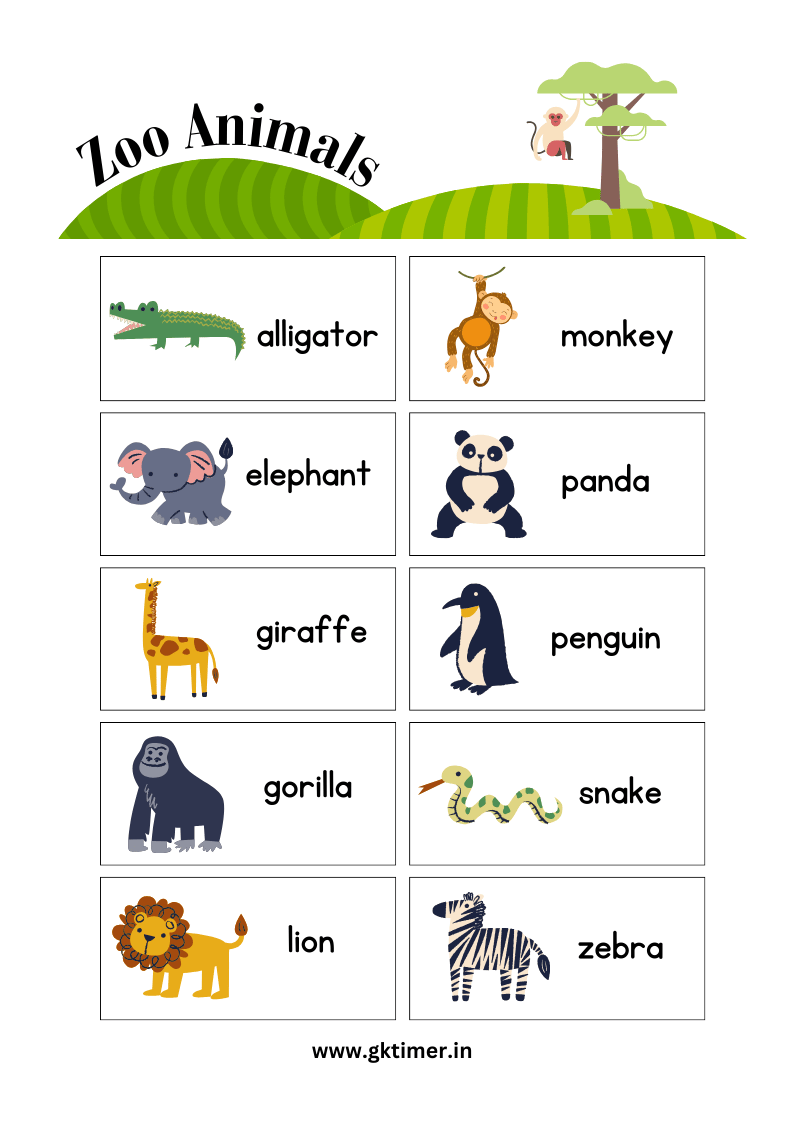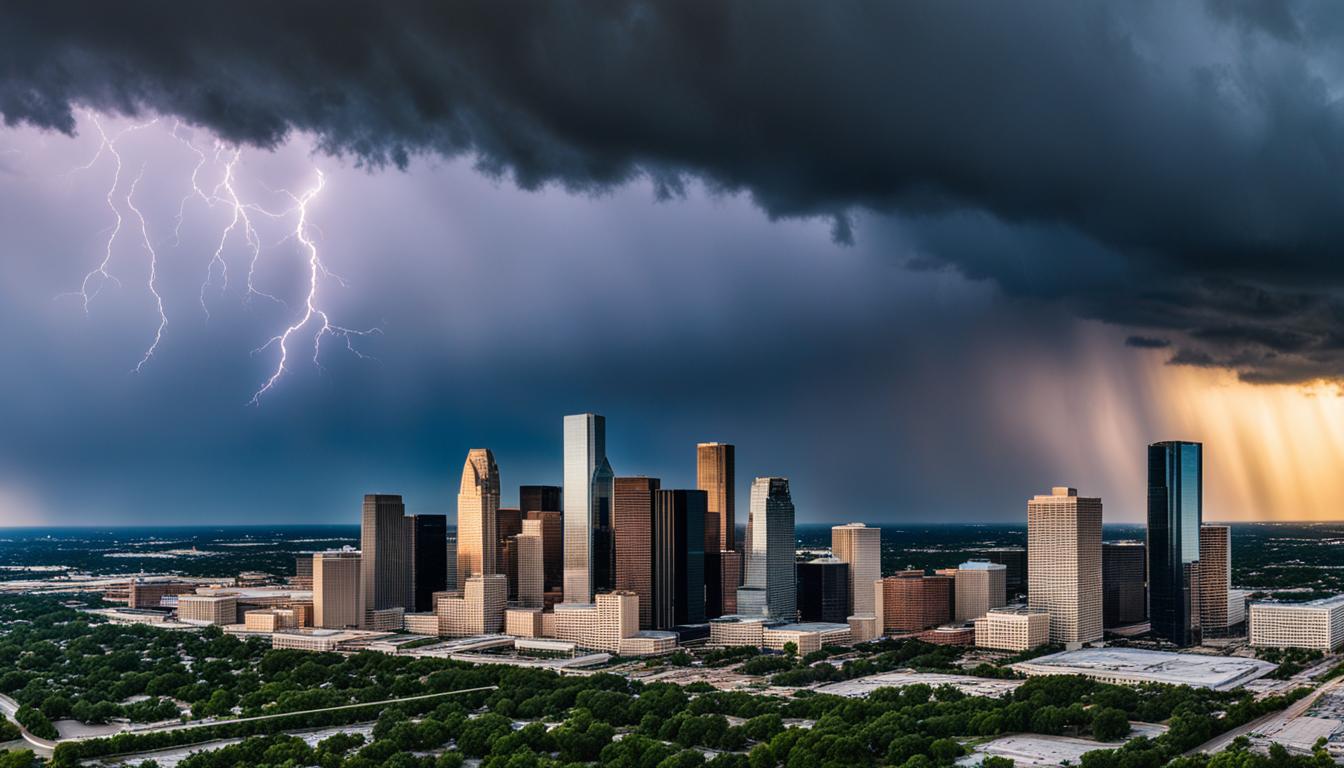21. What was the original name of Santa Claus ?
Correct Answer:-[D] ( St. Nicolas )
Description:- Santa Claus, also known as Saint Nicholas, is a figure with legendary, mythical, historical and folkloric origins who, in many western cultures, brings gifts to the homes of the good children during the late evening and overnight hours of Christmas Eve, December 24. The modern figure was derived from the Dutch figure of Sinterklaas, which, in turn, was part of its basis in hagiographical tales concerning the historical figure of Christian bishop and gift giver Saint Nicholas.
22. Who said that ‘‘Man by nature is a political animal’’?
Correct Answer:-[B] ( Aristotle )
Description:- For Aristotle, the basic unit of association is the household, the next is the village, and the ultimate association is the city, toward which end humans, seeking to attain the highest quality of life, naturally move. Aristotle concludes, “Man is by nature a political animal.” Only as part of a city can people fully realize their nature; separated from the city, they are worse than animals.
23. The State is a necessary evil according to
Correct Answer:-[B] ( Liberalists )
Description:- One of the principles of liberalism is that the state is a necessary evil. It states that if the state is to fulfill its function, it must have more power at any rate than any single private citizen or public corporation; and although one might design institutions to minimize the danger that these powers will be misused, one can never eliminate the danger completely.
24. The famous painting ‘Monalisa’ was the creation of :
Correct Answer:-[B] ( Leonardo-Da- Vinci )
Description:- Mona Lisa is a half-length portrait of a woman by the Italian artist Leonardo da Vinci, which has been acclaimed as “the best known, the most visited, the most written about, the most sung about, the most parodied work of art in the world. It is believed to have been painted between 1503 and 1506.
25. Who has given a call “Go back to nature” ?
Correct Answer:-[C] ( Rousseau )
Description:- Rousseau gave the call “Go Back to Nature”. Jean – Jacques Rousseau (1712 – 1778) was Swissborn French political philosopher who propounded Social Contract Theory – that men were born free, but lived everywhere in chains.
26. Marcopolo is known for
Correct Answer:-[B] ( travelling to China, India and Asia )
Description:- Marcopolo (1254-1324) was a Venetian merchant traveller. He extensively travelled to China, India and other parts of Asia.
27. Cold War refers to
Correct Answer:-[A] ( tension between East and West )
Description:- The Cold War, often dated from 1947 to 1991, was a sustained state of political and military tension between powers in the Western Bloc, dominated by the United States with NATO among its allies and powers in the Eastern Block, dominated by the Soviet Union along with Warsaw Pact.
28. From which language, has the term ‘democracy’ been derived ?
Correct Answer:-[A] ( Greek )
Description:- The term ‘Democracy’ has been derived from the Greek word Demokratia which means ‘‘rule of people’’. It was coined from ‘Demos’ (people) and ‘Kratos’ (power or rule) in the 5th century BC to denote the political system then existing in Greek city states, notably Athens.
29. ‘He, who does not live in a state may either be a saint or an animal’— Who said this ?
Correct Answer:-[D] ( Aristotle )
Description:- Aristotle (384-322 BC) was a Greek Philosopher and poet. He was the founder of the science of logic or rules of reasoning. He established a school of philosophy at Athens. He was a disciple of Plato and teacher of Alexander, the Great. He wrote Poetics and The Ethics.
30. Who said “Liberty consists in obedience to the general will” ?
Correct Answer:-[B] ( Rousseau )
Description:- Jean Jacques Rousseau (1712-1778) was Swissborn French political philosopher. He propounded ‘Social Contract Theory’ — that men were born free, but lived everywhere in chains. His ideas led to French Revolution and establishment of republics in different parts of the world. His Confessions was published after his death.
31. Who said : “Where there is no law, there is no freedom”?
Correct Answer:-[D] ( Locke )
Description:- John Locke in his Second Treatise of Civil Government, Chapter 6, said that the end of law is not to abolish or restrain, but to preserve and enlarge freedom. According to him, in all the states of created beings capable of laws, where there is no law, there is no freedom.
32. Who said “Man is a social animal” ?
Correct Answer:-[A] ( Aristotle )
Description:- In his ‘Politics,’ Aristotle said: “Man is by nature a social animal; an individual who is unsocial naturally and not accidentally is either beneath our notice or more than human.” According to him, Society is something that precedes the individual.
33. Who said that “Where there is no Law there will not be Liberty” ?
Correct Answer:-[D] ( John Locke )
Description:- John Locke, in the 6th Chapter of his Second Treatise of Civil Government, said: So that, however it may be mistaken, the end of law is not to abolish or restrain, but to preserve and enlarge freedom: for in all the states of created beings capable of laws, where there is no law, there is no freedom: for liberty is, to be free from restraint and violence from others……..”
34. Like Vedic Aryans, the custom of Sacrificial-fire was also followed by
Correct Answer:-[D] ( All the above )
Description:- The practice of worshipping sacrificial fire or ‘Yajna’ was common to the Aryans, the population of Greece and Rome and the Iranians. The antiquity of the belief and reverential practice of the sacred fire were common among people of the Mediterranean, and the Iranian plateau and the peninsula of India.
35. Who said, ‘The State exists because crime exists in society, otherwise there would be no need of a State’ ?
Correct Answer:-[A] ( Herbert Spencer )
Description:- Herbert Spencer in his ‘Social Statics’ (1851) argued that the state is the offspring of evil, bearing about it all the marks of its parentage. It exists because crime exists. It is not strong—or, despotic— when crime is great; there is more liberty—less government— when crime diminishes.
36. Who speaks of Cabinet system as “the steering wheel of the ship of state” ?
Correct Answer:-[B] ( Muir )
Description:- Prof. Ramsay Muir describes the cabinet as “the steering wheel of the ship of state”. Ramsay Muir was a British historian and thinker who made a significant contribution to the development of liberal political philosophy in the 1920s and 1930s.
37. The ‘‘Last Supper’ a famous Renaissance Painting was a master piece of
Correct Answer:-[C] ( Leonardo da Vinci )
Description:- The Last Supper is a late 15th-century mural painting by Leonardo da Vinci. It represents the scene of The Last Supper of Jesus with his disciples, as it is told in the Gospel of John.
38. What according to Communism is the chief enemy of the society?
Correct Answer:-[A] ( Private property )
Description:- In communist ideology, private property is viewed as the main enemy and the source of capitalism. According to Marx, in a communist society private property should be abolished. Common ownership of the means of production is an important institutional goal of the communists. The Communist Manifesto states, “The theory of communists can be summed up in the single sentence: Abolition of private property. True human emancipation was impossible with private property. Ultimately the total productive forces of the community would pass into the hands of everybody.”
39. Democracy is a “government in which everyone has a share” was the opinion of :
Correct Answer:-[B] ( Seeley )
Description:- The notion that democracy is a form of government is widely held and has been supported by a host of writers. According to Seeley, democracy is “a government in which everyone has a share. Seeley points towards the pure form of democracy.
40. The development process under Capitalism has been described as “Creative Destruction” by :
Correct Answer:-[A] ( Schumpeter )
Description:- The concept of ‘Creative destruction’ in economics is associated with the Austrian American economist Joseph Schumpeter. He derived it from the work of Karl Marx and popularized it as a theory of economic innovation and the business cycle. According to Schumpeter’s theory, creative destruction will lead to the eventual failure of capitalism.
41. When was the League of Nations established ?
Correct Answer:-[B] ( In 1920 )
Description:- The League of Nations was founded on 10 January 1920 as a result of the Paris Peace Conference that ended the First World War. It was the first international organisation whose principal mission was to maintain world peace. The League lasted for 26 years; the United Nations replaced it after the end of the Second World War on 20 April 1946.




